 Are you looking for comprehensive, effective, and safe urology services in Florida?
Are you looking for comprehensive, effective, and safe urology services in Florida?
Advanced Urology Institute is here for you.
With a healthcare institure designed to provide excellent, compassionate, patient-centered urologic care, Advanced Urology Institute offers top-notch, life-changing, and life-saving urology services.
Through our experienced board-certified physicians, we’ve become a one-stop center for evaluation, diagnosis, treatment, and care for all types of urological conditions.
We have well-equipped, thoroughly-resourced urology centers throughout the state of Florida, ensuring you can enjoy and access the highest level of care from a facility near you.
What conditions do we treat?
At Advanced Urology Institute, we use a multidisciplinary approach to help our patients diagnose, treat manage and recover from all urologic conditions.
This includes prostate enlargement, urinary incontinence, overactive bladder, urinary tract infections, painful urination, kidney and bladder stones, erectile dysfunction, and cancers of the bladder and kidney, ureter, and testicles.
For the men, we offer diagnosis and treatment of:
- Enlarged prostate (BPH)
- Bladder problems
- Erectile dysfunction and male infertility
- Penis and testicle problems
- Low testosterone (low T)
- Peyronie’s disease
- Urinary incontinence
- Overactive bladder
- Vasectomy and vasectomy reversal
- Urinary tract infection
- Prostatitis
- Kidney stone removal
For the women, we diagnose and treat:
- Chronic pelvic pain
- Vaginal dryness
- Vaginal pain
- Pelvic organ prolapse
- Urinary tract infections (UTIs)
- Urinary incontinence
- Overactive bladder
- Interstitial cystitis
- Pyuria
- Kidney and bladder stone removal
Life-saving cancer care
We offer safe and effective state-of-the-art treatments, minimally-invasive surgical procedures, and palliative care for cancer patients who desire the highest level of cancer care.
Our medical and surgical teams take a collaborative approach to treatment. Integrating expert knowledge from recent research and various innovations and specialties, we can ensure every patient receives the utmost care for the best possible outcomes.
We diagnose and treat:
- Prostate cancer
- Testicular cancer
- Bladder cancer
- Kidney cancer
- Urethra cancer
- Retroperitoneal tumors
- Soft tissue tumors
Wide range of revolutionary technology
Advanced Urology Institute boasts a friendly and supportive environment where providers offer urology services that integrate the latest technology in diagnosing and treating various conditions.
As a result, AUI has an exceptional track record in diagnosing and treating urological problems and a reputation for outstanding outcomes for patients.
Some of the techniques we use include:
- Minimally-invasive incontinence procedures
- Da Vinci robotic-assisted surgery for prostate, bladder, and kidney cancer, female pelvic prolapse, and pediatric and adult urologic conditions
- Minimally-invasive prostate surgery
- Reconstructive bladder and kidney surgery
- Partial and total nephrectomy
- Endoscopic stone surgery, including percutaneous techniques
- Minimally-invasive endoscopic, percutaneous, and shockwave nephrolithotomy for renal calculi
- Urodynamics
- Penile implant surgery
- Testosterone replacement therapy
- Vasectomy and vasectomy reversal
- Sacral nerve stimulator (interstim)
- Botox injections
- Pediatric surgery, including circumcisions, hypospadias, and orchidopexy
- Cryoablation and cryotherapy for prostate cancer
- MRI fusion biopsies of the prostate
- Radiotherapy including brachytherapy, oncology services, and clinical trials
Safe, reliable, and effective urology care
At Advanced Urology Institute, we are committed to treating others as we would like to be treated. We value and prioritize the wellbeing of our patients and want to see them overcome their condition and live fulfilling lives.
We offer urology services tailored to our patient’s needs and give safe, effective therapies that will deliver the best outcomes.
When you visit AUI, you will feel at ease and encouraged by the support you will receive.
We are committed to answering all your questions and providing you with the best information to help you make the best decisions about your health.
Call us today to schedule your consultation and find relief from your urological problem.






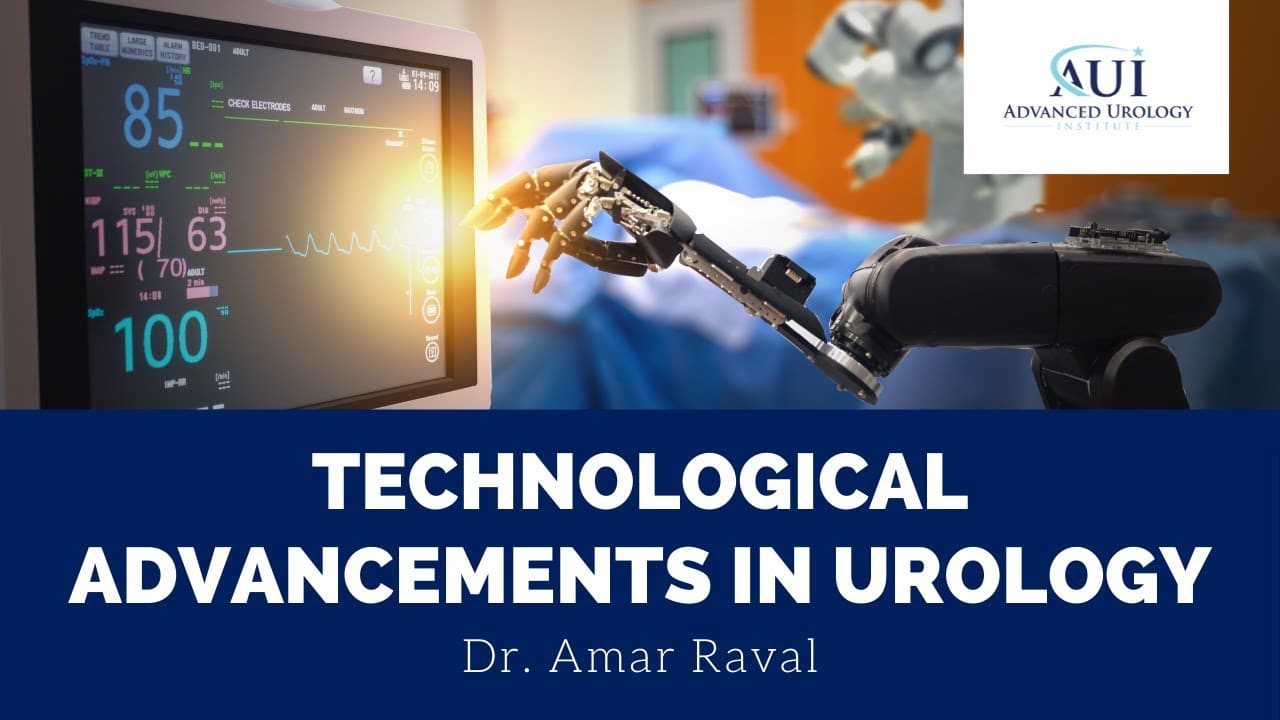



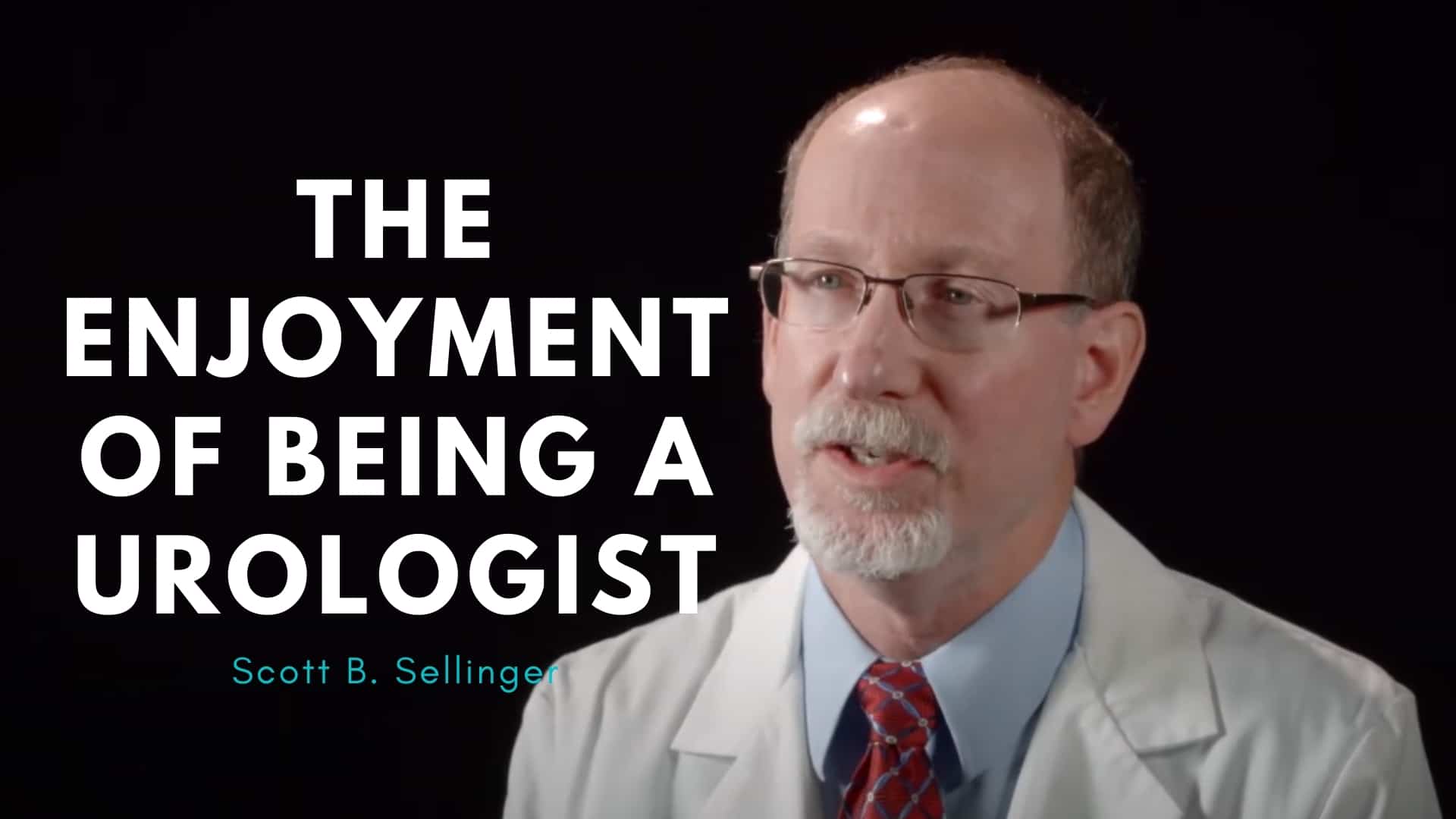
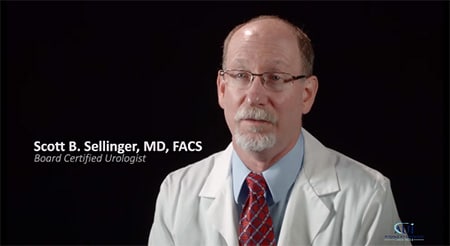

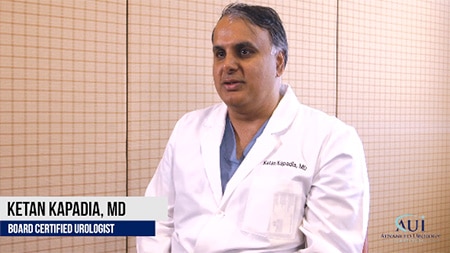 Obviously the heat is going to play a major role, a lot of it has to do with our diet unfortunately as well. [As with] an American diet, we just don’t eat very well, we’re all a little heavier and that also increases the risk of kidney stones as well.
Obviously the heat is going to play a major role, a lot of it has to do with our diet unfortunately as well. [As with] an American diet, we just don’t eat very well, we’re all a little heavier and that also increases the risk of kidney stones as well.
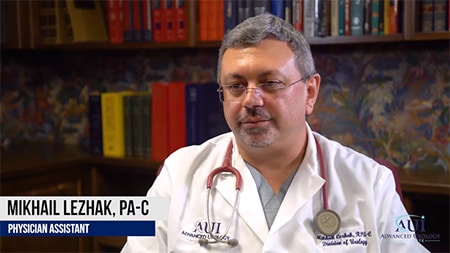


 There is yet another exam called the
There is yet another exam called the 